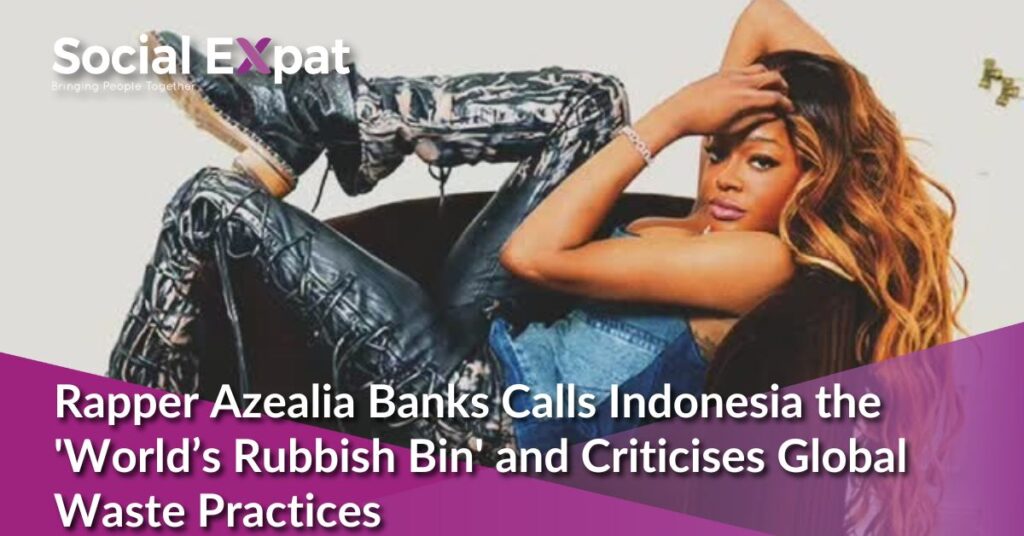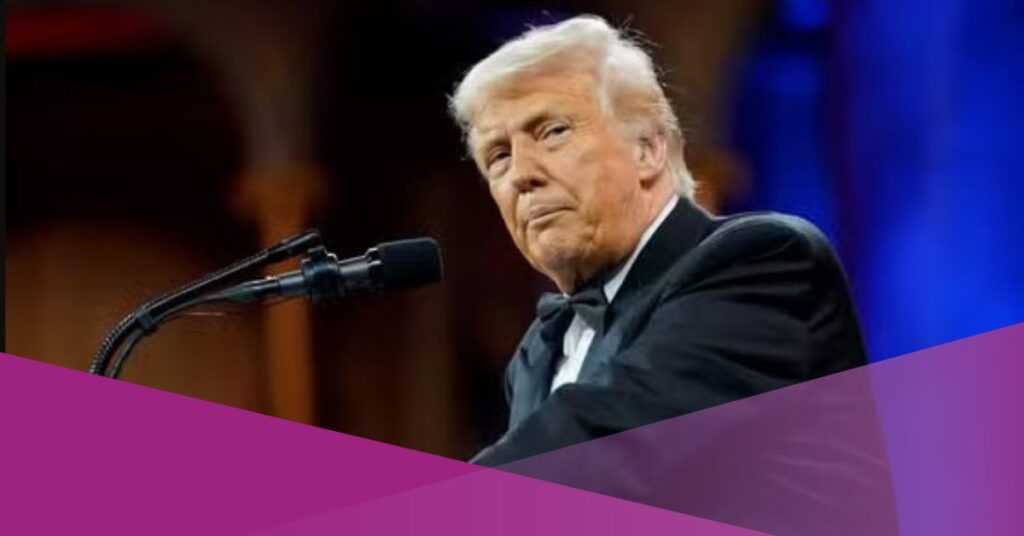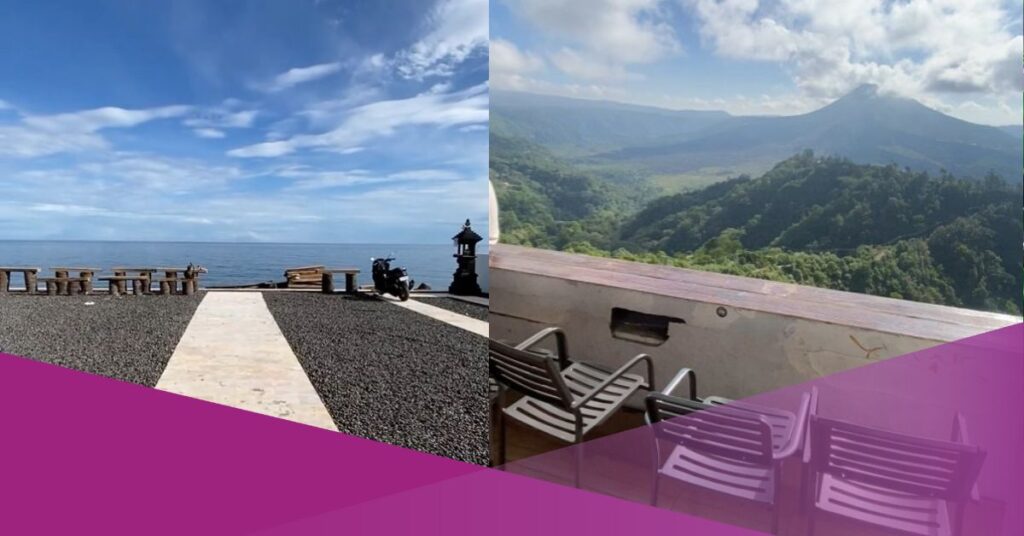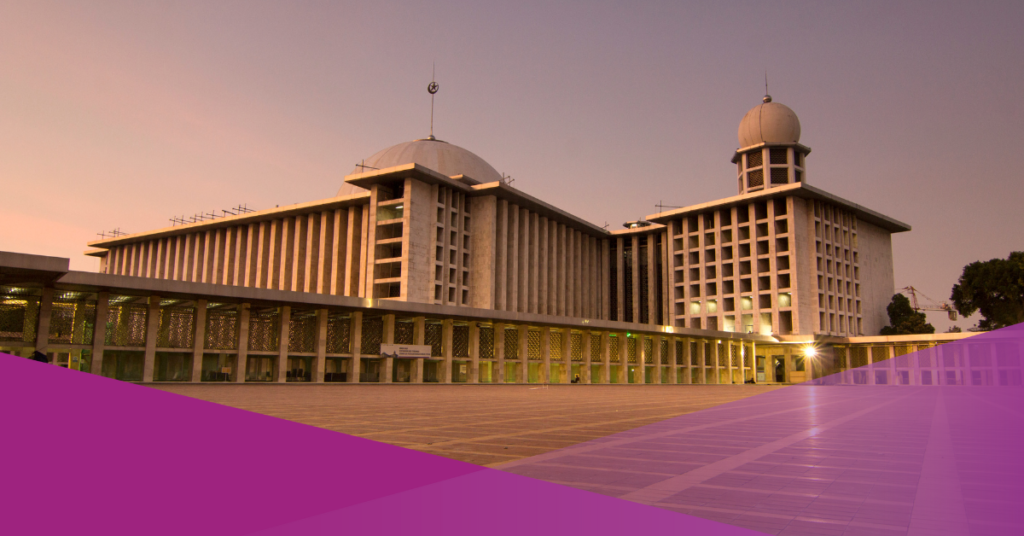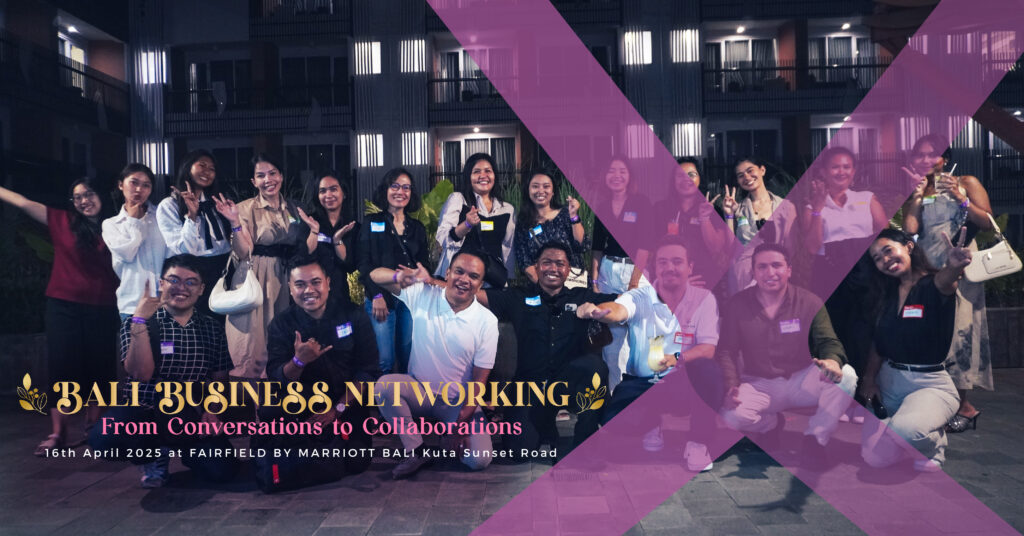American rapper Azealia Banks has sparked international controversy after making a series of comments on social media criticising global waste management practices and highlighting Indonesia’s role in the issue.
In a tweet posted via her X (formerly Twitter) account, @azealiaslacewig, on 11 April 2025, Banks described Indonesia as “the world’s trash can”, igniting widespread debate across social platforms.
“Indonesia is the world’s trash can. Hate to put it that way, but Indonesia is a polluted wasteland, as is India,” Banks wrote.
The rapper went on to argue that Indonesia’s environmental crisis is exacerbated by the international community’s continued practice of shipping waste to developing nations.
She claimed that the long-term effects of this could significantly impact the health of Indonesia’s population and diminish the country’s workforce over time.
“The health complications of the Indonesian people due to sending waste there will cause the workforce to decrease in the next 200 years. Literally, Indonesia needs BIG help,” she continued.
Indonesia is the world’s trash can. Hate to put it that way but Indonesia is polluted wasteland as is India 😶🌫️🙁. I wouldn’t *consciously* eat anything that was fished out of the Indian Ocean. Indonesian people health complications due to the world shipping its trash there is… https://t.co/IBlOPIval0
— Azealia Banks (@azealiaslacewig) April 11, 2025
Banks’ remarks appeared to be a reaction to the recent announcement of Blue Origin’s upcoming space mission involving an all-female crew – part of a broader ambition by Amazon founder Jeff Bezos to advance private space exploration.
In the same thread, Banks criticised Bezos and fellow tech billionaire Elon Musk for investing in space ventures while failing, in her view, to address more pressing environmental concerns on Earth.
“If they can send humans into space, they can send the world’s garbage to Mars,” she wrote. “Humanity gains nothing from space travel if we are in poor environmental and physical health here on Earth.”
Banks further claimed that space travel remains a luxury accessible only to the world’s elite, while the majority of people across the globe continue to face more urgent challenges such as pollution, poverty, and inadequate public health infrastructure.
Social Media Reactions: Support and Criticism
Azealia Banks’ remarks quickly went viral, with users from around the world weighing in on the sensitive topic.
Some users applauded her for speaking out against environmental injustice and raising awareness about the role of developed nations in global pollution.
“As an Indonesian, you are very right. Please continue this honourable job. By the way, have you checked one of Indonesia’s ministers named Bahlil?” wrote one user under the handle @dataanow.
Another user, @marimuss_, added: “Guys, she was discussing Indonesia being used as a trash can for the world, especially by the US. Instead of wasting energy on going to space with no clear benefit, why not just send all the rubbish to Mars?”
Yet, many found Banks’ tone and phrasing offensive and lacking sensitivity, particularly in the way she described Indonesia and India.
Some accused her of perpetuating negative stereotypes and insulting nations already grappling with the challenges of global inequality and environmental burden.
Azealia Banks Clarifies Her Comments
In response to the backlash, Banks issued a clarification via her X account on Sunday, 13 April. The Harlem-born artist, known for her outspoken personality and often controversial opinions, defended her statements by insisting that her critique was directed at a flawed international system rather than the people of Indonesia.
“It’s not about blaming them [Indonesia], it’s blaming the world for making them a trash can,” she stated. “Didn’t you see the pile of garbage at the beginning of the ‘Count Contessa’ video? That was taken in Bali. It’s not their trash – it’s rubbish from Europe and the US that is clearly being sent to other countries to be ‘dealt with’.”
Banks went on to describe this trend as a form of “environmental racism,” whereby wealthier nations offload their waste problems onto poorer countries, often with minimal regard for the long-term consequences. She called for a more responsible and ethical approach to managing waste at the global level.
“No one is blaming them. What’s in it for me to look like I’m blaming them for a problem the world needs to solve before it becomes a dumping ground for everything?” she added.
